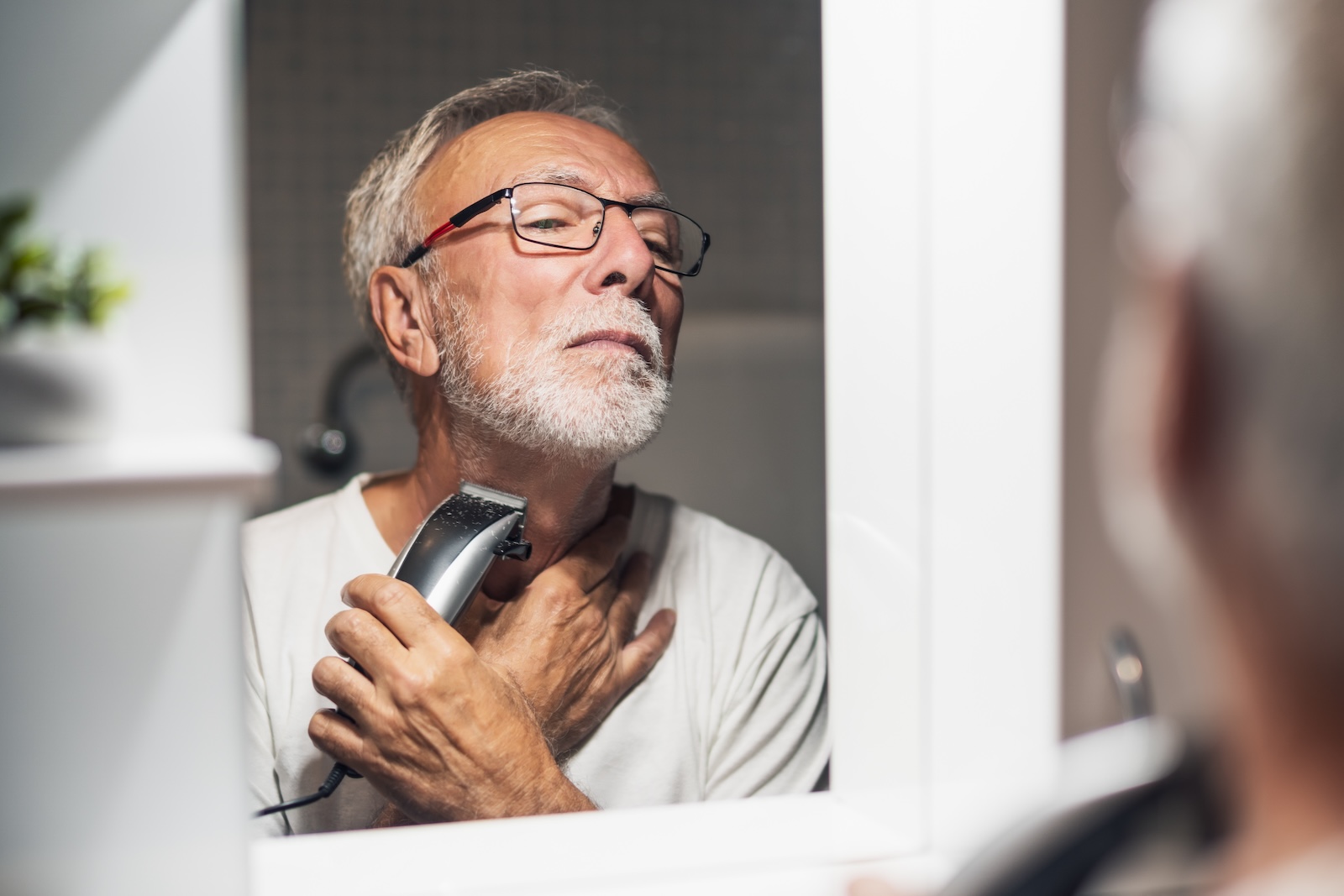Magazine
These Are the Reasons You Need to Get More Sleep

There’s a good reason for calling it a “beauty sleep”, and contrary to what you may think, it’s not just for women. Sleeping is important for a wide array of reasons, including your overall physical health, mental capacity, and yes, even the youthfulness and health of your skin.
But merely sleeping, is not enough. Studies have shown that several aspects determine the quality of your sleep. First, the key is to sleep at least 7-9 hours each night. Even if you somehow manage to function with less than 6 hours of sleep, or make up for your sleep loss with a power nap, your lack of sleep is definitely taking a toll on your appearance (not to mention studies show that it affects your longevity). Secondly, you may have heard this quite a lot, but screen time before you sleep, may hinder the quality of your sleep. Whether you prefer snoozing in front of the TV or browsing your phone in bed, these screens expose you to blue light that decreases your natural melatonin production (the hormone that controls your sleep). Last but not least, is your lifestyle. Factors such as your diet, your stress levels throughout the day and even exercising can affect your nighttime sleep.
Other than the obvious benefits (who doesn’t love a good night’s sleep?) improving your sleep quality has a number of positive effects on your skin. If you’re still unconvinced, don’t snooze just yet, we’ve gathered here a short list of the immediate and long-term influences that a quality sleep can have.
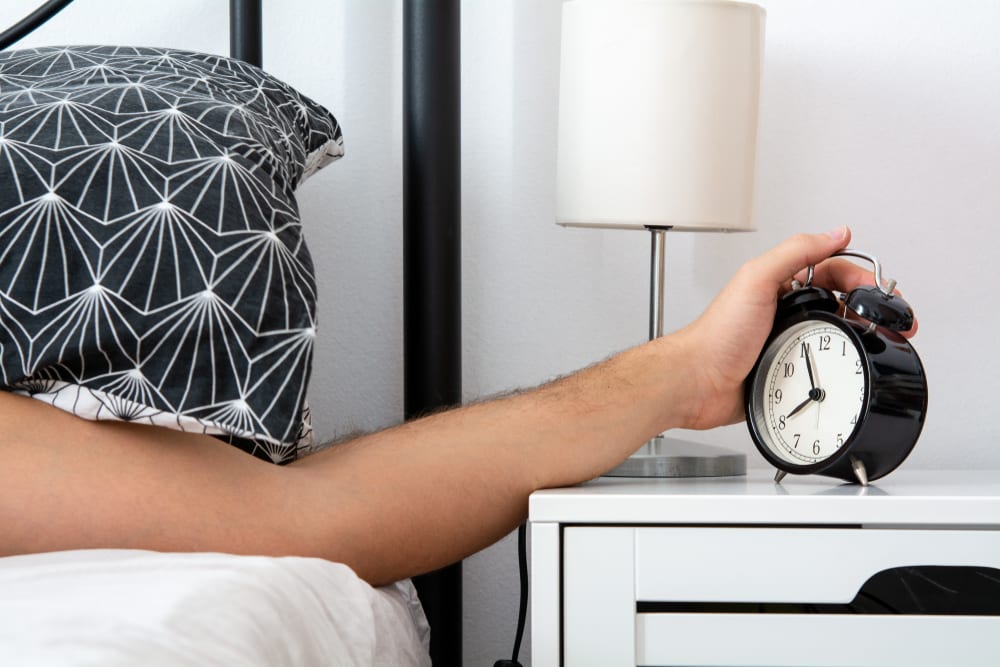
You should sleep at least 7-9 hours each night
A Remedy for Wrinkles
We still haven’t uncovered the fountain of youth, but wouldn’t it be wonderful to have just a couple of drops? well, according to researchers, a good sleep is the closest thing we have. While you sleep, your skin produces collagen (which is the protein in charge of your skin’s elasticity). Sleeping an insufficient number of hours can disrupt the skin’s production process, thus affect your skin’s youthful appearance.
But it turns out, that sleeping well isn’t enough to ensure wrinkle-free skin. For instance, sleeping on your back relieves your face from any possible pressure, that may eventually encourage wrinkling. But if you’re not a sleep-on-your-back kind of person, then having natural and soft pillowcases can do wonders for your complexion. Harsh fabrics might rub you the wrong way (literally) and therefore, irritate and bruise the skin, once again, causing your skin to be more prone to wrinkling.
Get More sleep and De-Puff your Eyes
It’s no secret that there’s a price to pay for all-nighters; We’ve all suffered point from baggy, puffy black circles, at some point. However, this is one of the immediate changes you will see when you start catching those zzz’s. You could of course choose to address the problem by different treatments, but why not tackle the cause?
Healthline suggest adopting a sleeping routine and sticking to it. For instance, you should stop consuming caffeine at least 6 hours before you go to bed, and the same goes for alcohol. Except for your habits, gravity also plays a part. As you sleep on your back, make sure to elevate your head’s position by using an extra pillow, thus preventing the thin skin around your eyes from puffing and becoming red.
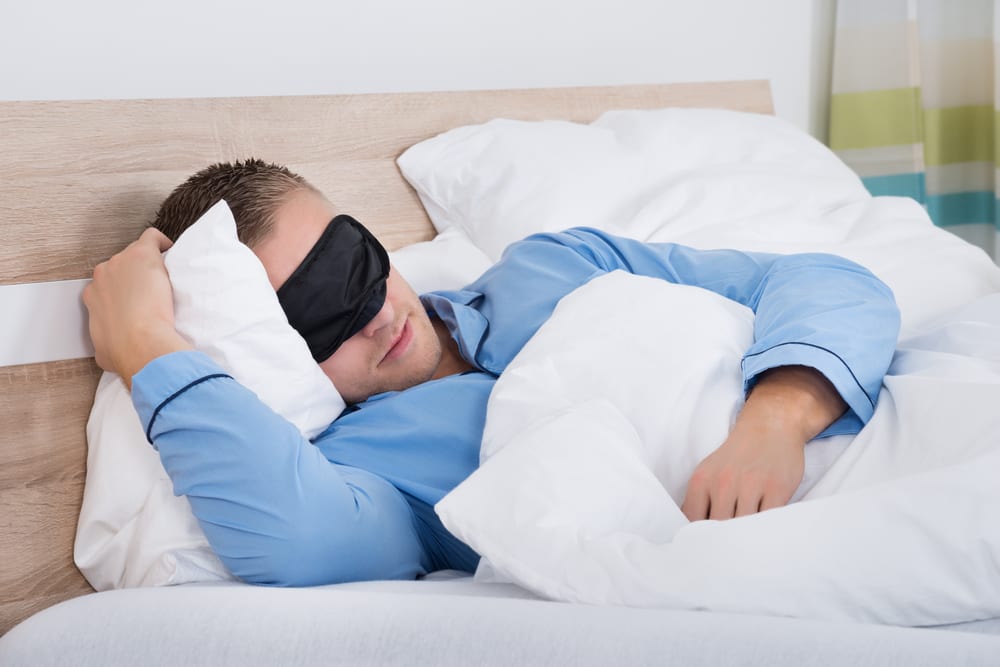
We’ve all suffered point from baggy, puffy black circles
Cortisol – What is it Good For? Quite A Lot
High levels of cortisol are in fact an important factor that may cause a large number of issues; weight gain, limited mental capacity, infections and many others. More importantly, however, cortisol may lead to skin inflammation, and in extreme cases, even to Cushing’s disease. But perhaps one of the natural and best ways to reduce cortisol levels; is of course by sleeping just right.
Studies have shown that sleep deprivation, insomnia and disruptions lead to a sharp increase in cortisol. It should also be noted, that cortisol increases in people who sleep during daytime rather than at night.
Just Sleep it Off
Optimizing your sleep is the very first step to treating whichever skin problem you might be facing. Sleeping well, the right number of hours and in the best possible condition, is not a luxury is a necessity for a balanced health and life. So, if you’re looking for a reason to sleep in, search no more – your skin probably needs it.
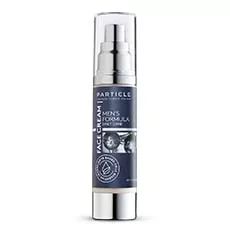
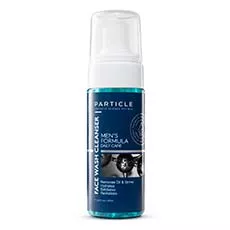
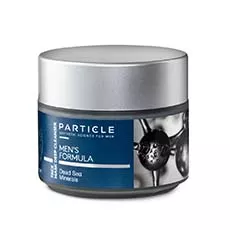
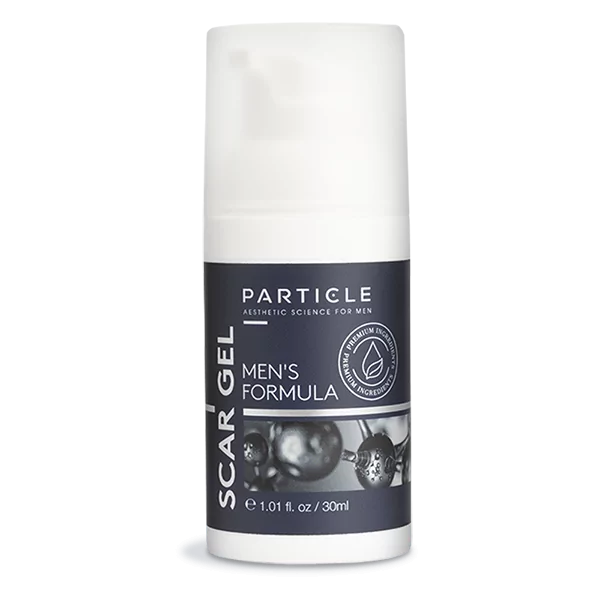
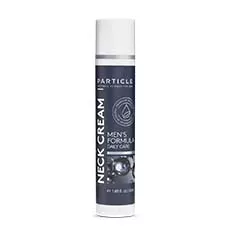
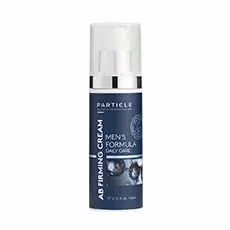
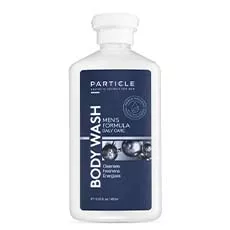
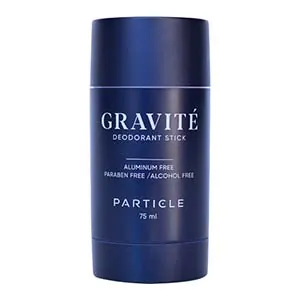
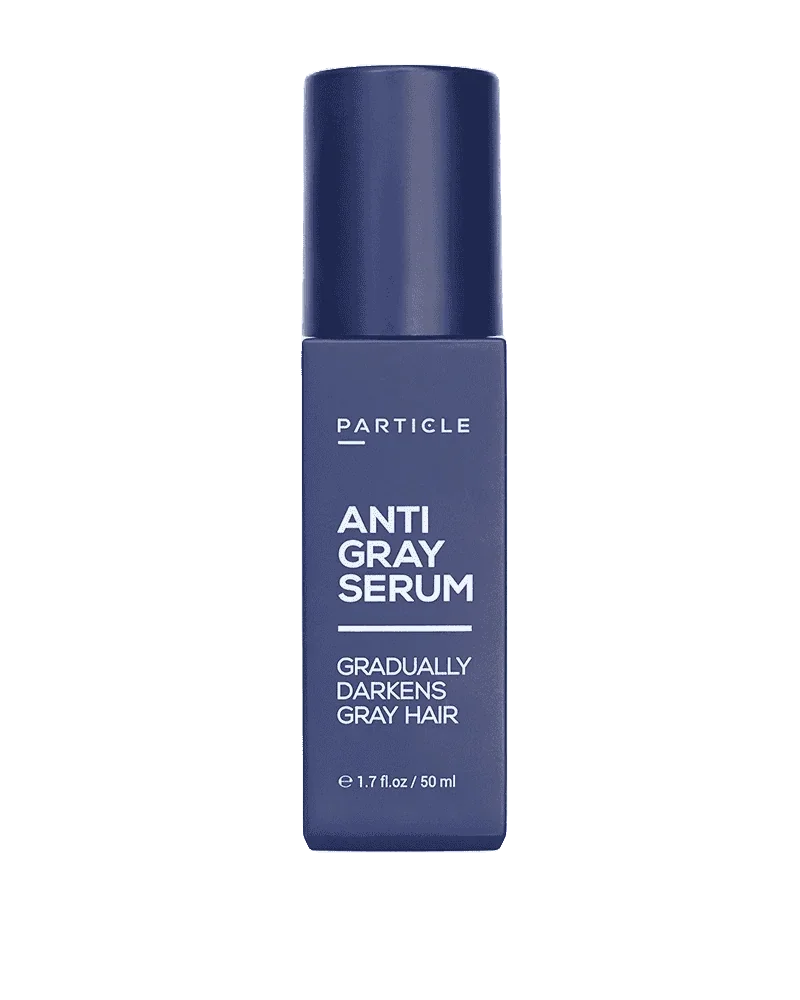
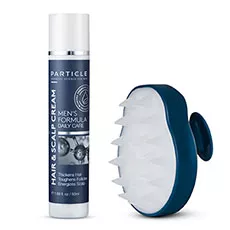
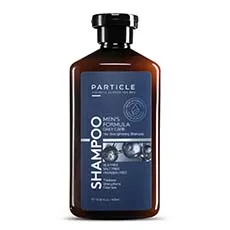
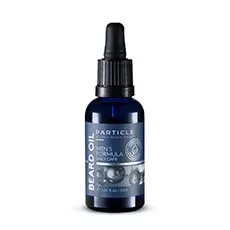
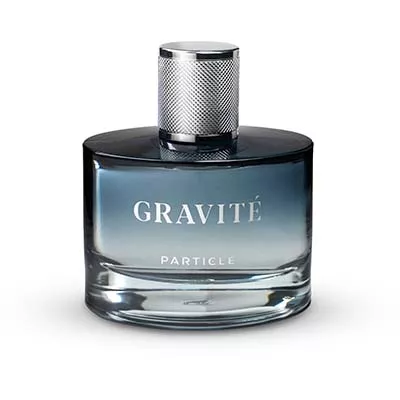

 gb
gb













